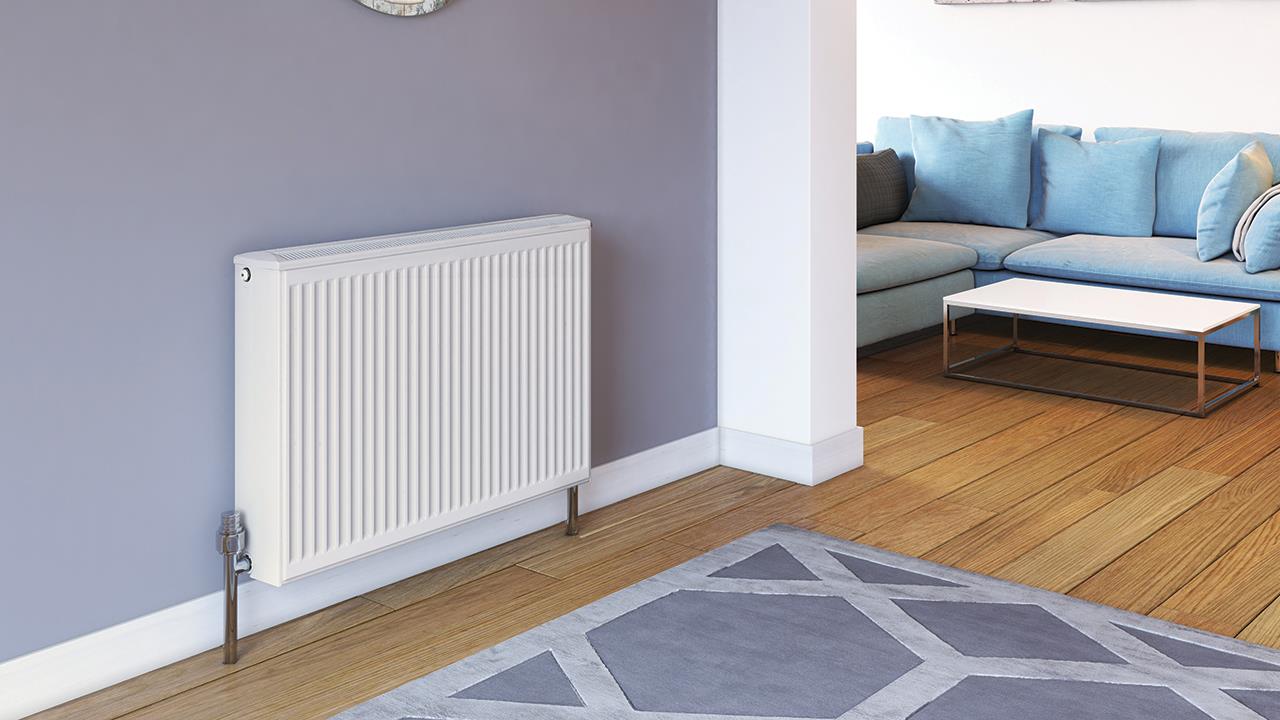Keeping your home nice and toasty this winter can be a tricky thing to do. In fact, there are all sorts of ways you can do it, but it’s not always obvious which choice is the best. From adding a new towel rail radiator into your bathroom to upgrading your boiler, there are many options out there for you to choose from. One thing that you might have heard of but have no idea what it is, is a heat pump. So, keep reading and discover our expert guid to heat pumps and what they can do for your radiators.

What Is A Heat Pump?
Essentially, a heat pump is a low carbon heating source that cycles heat from outdoors into your house. There are two types of heat pump that you’ll see the most often. These are: air to water heat pumps and air to air heat pumps. Air to water heat pumps are used when you have a water based central heating system and can be used to heat things like radiators, underfloor heating etc. Air to air heat pumps use air movement to push air into the home. These are often called air conditioning and aren’t really used to heat homes all that often. So, this article is going to focus on air to water heat pumps, as these are what you’d use to keep your home warm.
Pros Of A Heat Pump
One of the main benefits to having a heat pump is that it doesn’t produce any carbon while in use. It does use electricity, but it can be used alongside things like solar panels or renewable energy, allowing you to keep your bills and carbon footprint low. They’re also said to have pretty low running costs, which can really help you keep your home warmer for longer without paying more. The units themselves are also said to be small in comparison to other heating units and you can sometimes even get grants to have them installed.
Cons Of A Heat Pump
There are a lot of benefits to having a heat pump, but that doesn’t mean that there aren’t some drawbacks too. For example, they won’t work in all homes if they aren’t air tight. They need to be installed into well insulated homes, otherwise they won’t really work. The temperature outdoors will also impact the efficiency of it too, as the bigger the difference in temperature between inside and out, the less efficient it will be. Some people also say that their heat pump is particularly noisy, so you’ll want to check how loud it will be with the manufacturer beforehand.
Which Radiators Work With Heat Pumps?
While air pumps can work with pretty much all radiators, it’s said that aluminium works the best. This is because aluminium is a brilliant conductor of heat, allowing it to warm up a whole lot faster. When you use a heat pump, the temperature will be a lot lower than that of a boiler, so having a radiator that’s a conductor of heat will allow it to get just as hot. Aluminium is also quite an eco-friendly option too. As most people who get a heat pump are looking to lower their carbon footprint, it seems right that they go for a radiator that’s green too.
As you can see, there are lots of benefits to having a heat pump installed in your home, but there are also a couple of drawbacks that you’ll need to consider too. Despite this, heat pumps can be a brilliant way to lower your energy bills and consumption, while still maintaining a warm home. So, if you’re wanting to lower your carbon footprint and your energy bills at the same time, it might be worthwhile checking out if a heat pump will work in your home.
